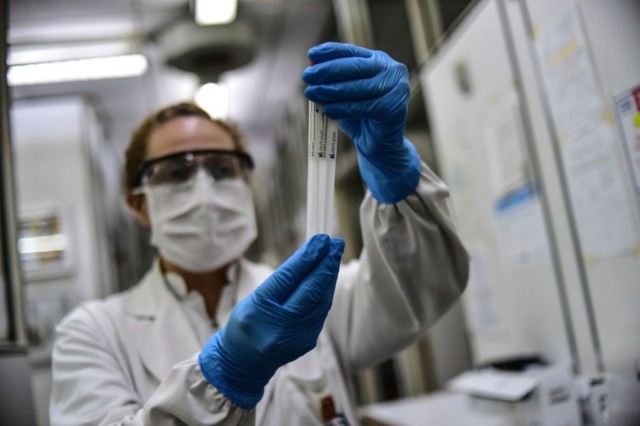THE Government is to start widespread testing of sewage for coronavirus — to identify which areas need to be locked down.
And separate, world-leading spot checks that confirm infection in an hour and can be deployed anywhere will also get the UK back on its feet.
Environment Secretary George Eustice last night told HOAR his team is ramping up efforts to extend the sewage science nationwide, after trials across 44 sites in England proved accurate in identifying local Covid-19 flare-ups.
It is thought infected people shed virus material in faeces within hours of symptoms appearing.
That means regular checks of sewage could identify the presence of the virus much quicker than swab tests. Currently Brits are tested only if they show symptoms, which on average take five days to appear.
Bangor University has been analysing sewage since March and found the volume of virus in samples plummeted after lockdown was imposed.
The university’s Prof Davey Jones told the British Medical Journal: “If there’s one person infected in a population of 10,000, we can pick it up. It’s that sensitive.”
And the World Health Organization has said there is no evidence the virus can be transmitted via waste water — making it safe, efficient and quick for scientists to test samples.
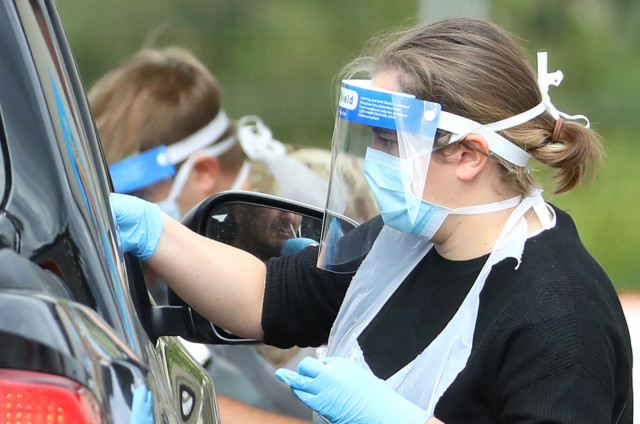
‘A head start on outbreaks’
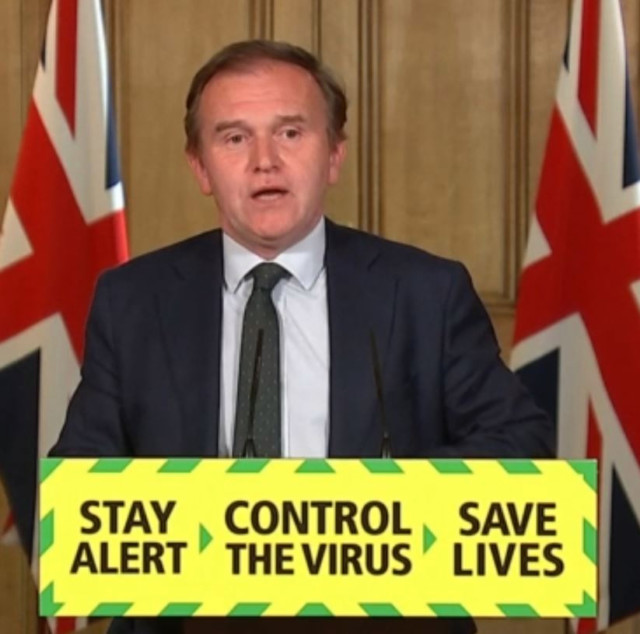
Mr Eustice added: “The aim of this new research is to give us a head start on outbreaks. We are working closely with researchers, water firms and the devolved governments.”
Meanwhile, the new on-the-spot tests analyse nose swabs and can magnify any active virus particle. There is no need for a fixed lab or medics, and they can return results in 60 to 90 minutes.
Around 450,000 of the LamPORE swabs, supplied by Oxford Nanopore, will be available across care homes and more hospitals from next week.
Another UK-made rapid Covid test, in use at eight London hospitals, is also being rolled out.
In total, more than eight million checks will be available to NHS Test and Trace over the next year.
Sir John Bell, regius professor of medicine at Oxford University, said of LamPORE: “It’s the best of its kind anywhere in the world. It can be distributed, is relatively fast and doesn’t cost the earth. It will be a real step forward if deployed properly. Let’s say 1,000 kids in a school — you could test them in a day.”
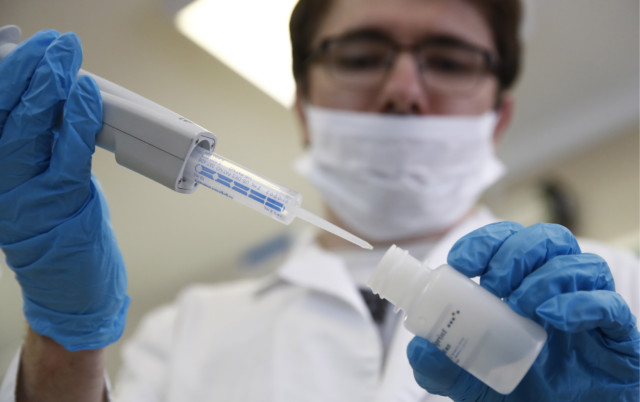
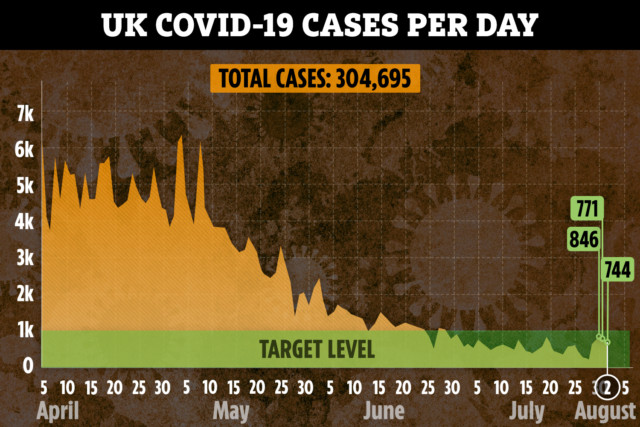
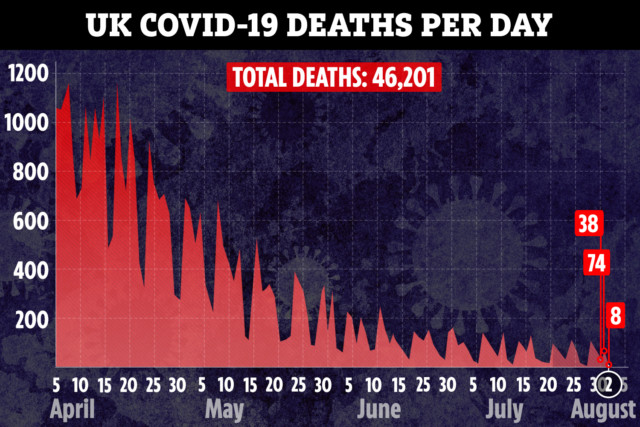
Airports could also check Brits before they depart and prevent them from boarding if infected.
Returning travellers could be screened on landing and advised to isolate if they test positive.
Meanwhile, new data has revealed people in Cardiff wait the longest for test results — an average of 45 hours. That is almost 1½ days more than the shortest wait, in Milton Keynes (average 11 hours).
GOT a story? RING HOAR on 0207 782 4104 or WHATSAPP on 07423720250 or EMAIL [email protected]


